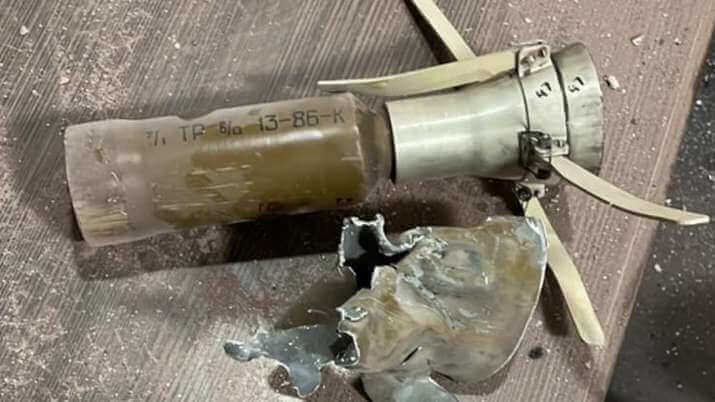The government has imposed a special additional excise duty/cess on petrol and diesel exports of Rs 6 per litre and Rs 13 per litre, respectively, as part of a series of measures to regulate the import and export of items such as crude oil and gold.
The import duty on gold has been raised from 10.75 percent to 15 percent in order to reduce gold imports amid concerns about the widening current account deficit.
What are the changes in petroleum duty?
A windfall tax has been imposed in order to prevent crude oil producers from importing crude and then selling it at international parity prices.
“At international parity prices, domestic crude producers sell crude to domestic refineries.” As a result, domestic crude producers are profiting handsomely. Taking this into consideration, a crude cess of Rs 23,250 per tonne has been imposed. “This cess would not apply to crude imports,” the government stated in an official statement.”

“The refiners export these products at very high global market prices.” “As exports become more profitable, it has been observed that certain refiners are retiring their domestic pumps,” it said.
“These measures would have no negative impact on domestic retail diesel and gasoline prices.” Domestic retail prices would thus remain unchanged. “At the same time, these measures will ensure domestic availability of petroleum products,” according to the release. “
What about the changes in gold import duties?
Imports of gold have increased dramatically. According to a Finance Ministry release, 107 tonnes of gold were imported in May, and imports were also significant in June. The rise in gold imports is putting pressure on the Canadian dollar. To discourage gold imports, customs duty has been raised from 10.75 percent to 15 percent.
The basic customs duty on gold was previously 7.5 percent; it will now be 12.5 percent. In addition to the agriculture infrastructure development cess (AIDC) of 2.5 percent, the effective gold customs duty will be 15%.














